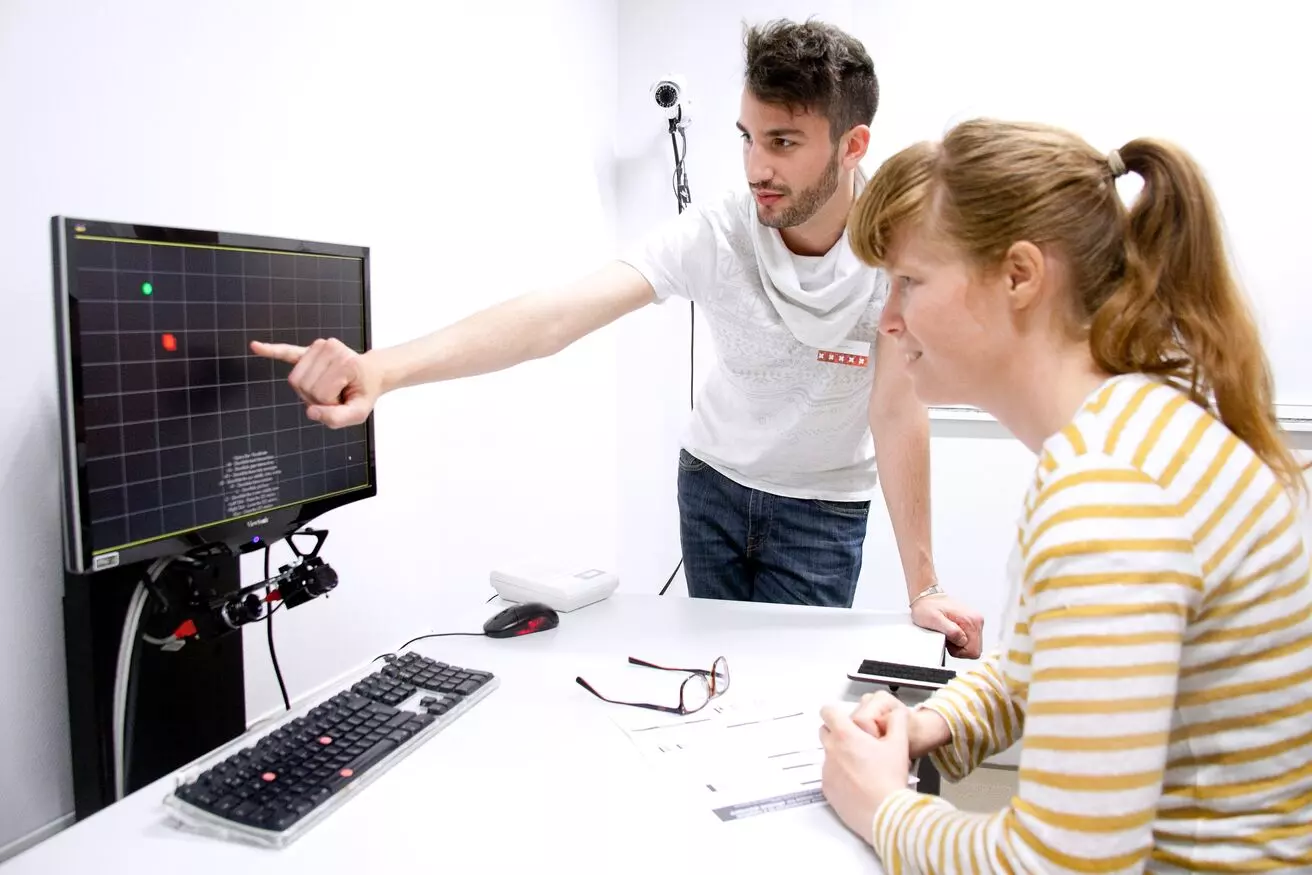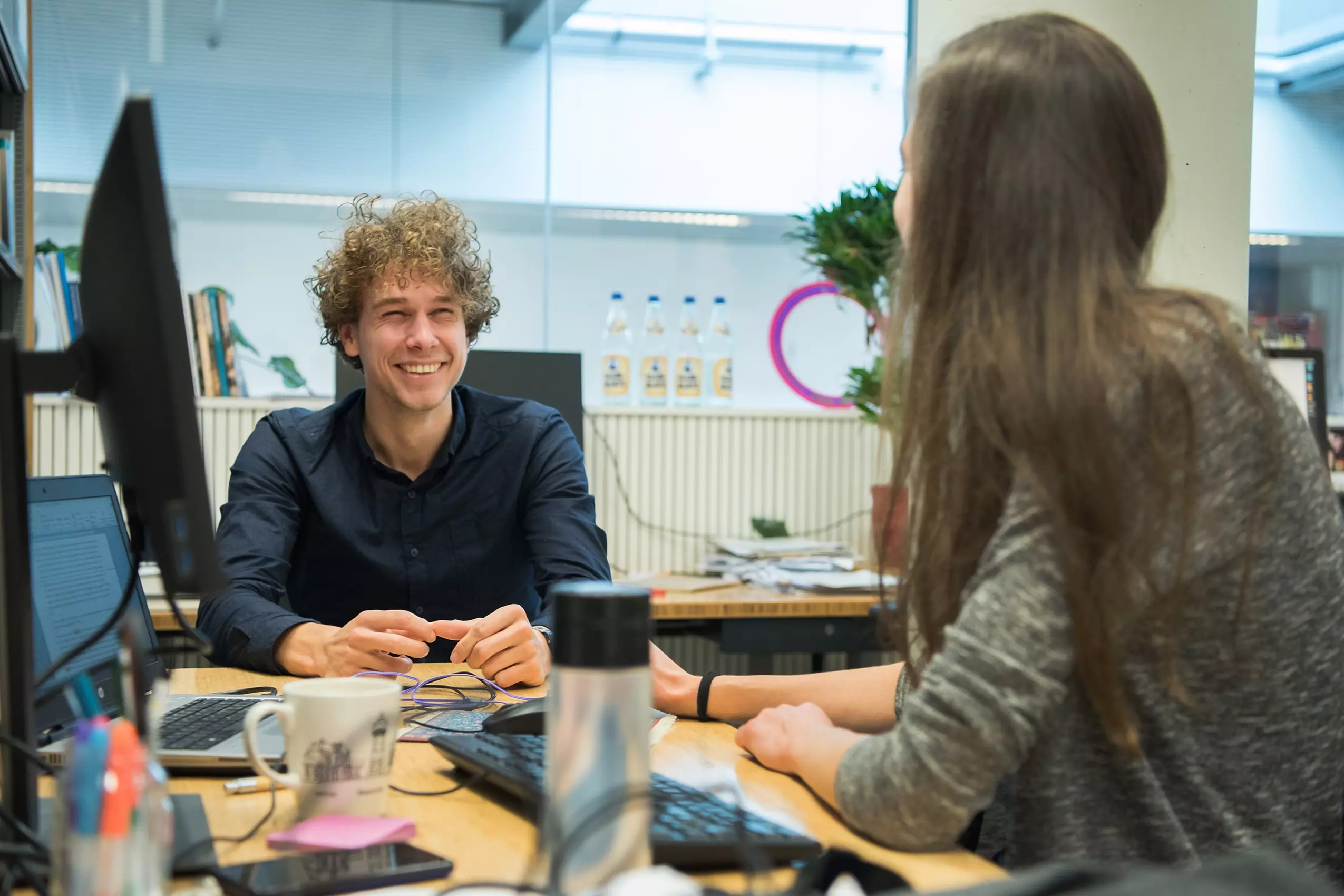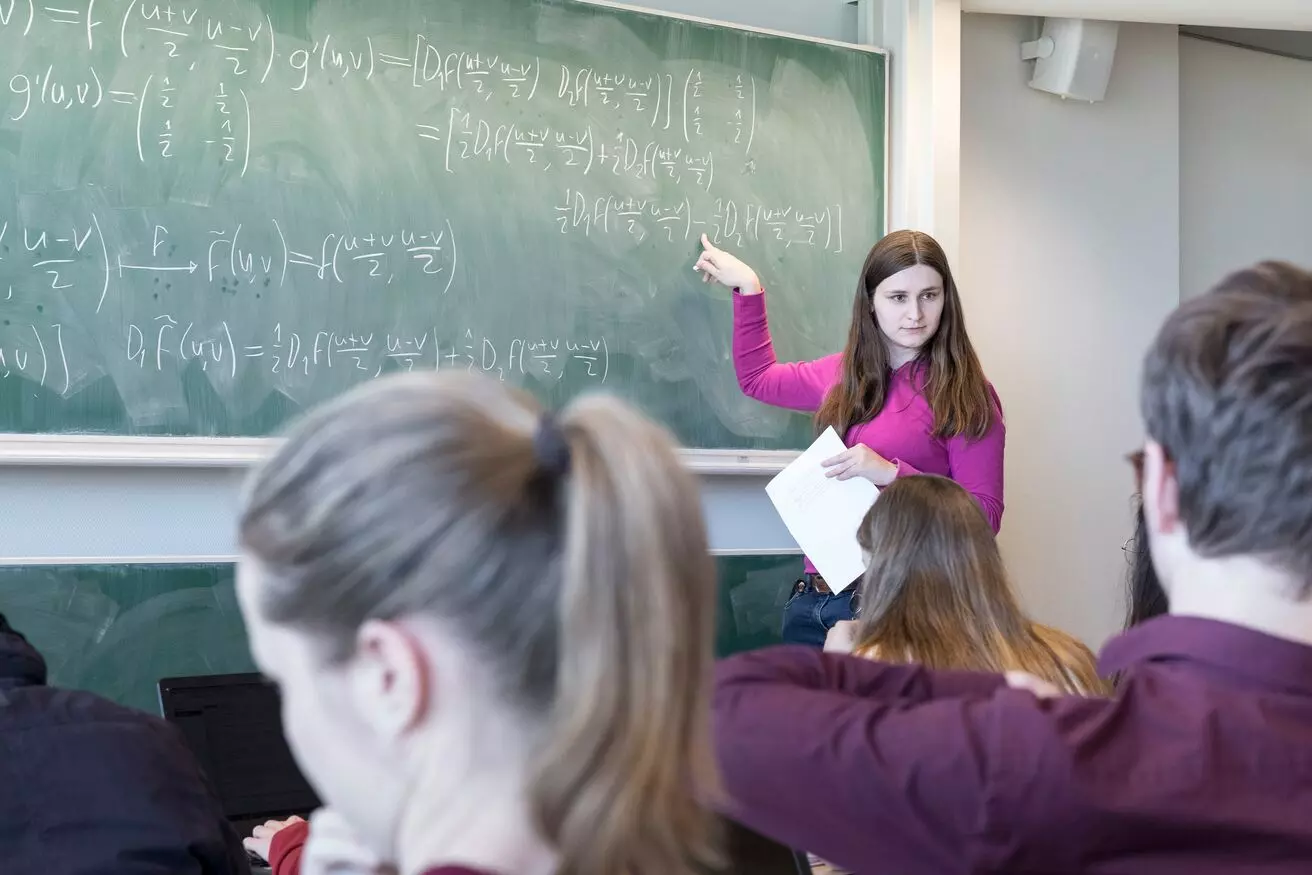This website uses cookies
We, and third parties, use cookies on our website. We use cookies to ensure that our website functions properly, to store your preferences, to gain insight into visitor behavior, but also for marketing and social media purposes (showing personalized advertisements). By clicking 'Accept', you agree to the use of all cookies. In our Cookie Statement. you can read more about the cookies we use and save or change your preferences. By clicking 'Refuse' you only agree to the use of functional cookies.
Not found

More vacancies

Postdoctoral researcher in Sustainable Sodium Borate Electrolyte Chemistry
- Faculty of Science
- €3.546 - €5.538
- PhD
- Closes on31-01-2026
Are you driven by the challenge of scaling up innovative inorganic chemistry into real-world battery applications? Do you enjoy hands-on laboratory work on-scale, reactor optimisation, and developing sustainable chemical processes with industrial relevance? Are you curious about modern digitalized chemical research? Then this role will be an exciting and educating next step in your career!
View vacancy

PhD Position in Cognitive AI Methods
- Faculty of Social and Behavioural Sciences
- €3.059 - €3.881
- Master's
- Closes on02-02-2026
Are you interested in investigating how smart AI-models are? Do you want to conduct research on what characterizes intelligence in humans and AI and develop psychometric methods and formal models to describe the similarities and differences?
View vacancy

Assistant Professor in AI & Medical Image Analysis
- Faculty of Science
- €4.728 - €6.433
- PhD
- Closes on06-02-2026
Are you ready to make a real impact in the rapidly evolving world of AI for healthcare? Do you thrive in interdisciplinary environments where computer scientists, clinicians, and engineers collaborate to solve high-stakes medical challenges? If so, we invite you to join the University of Amsterdam (UvA) as an Assistant Professor in AI and Medical Image Analysis within the Quantitative Healthcare Analysis (qurAI) group.
View vacancy
